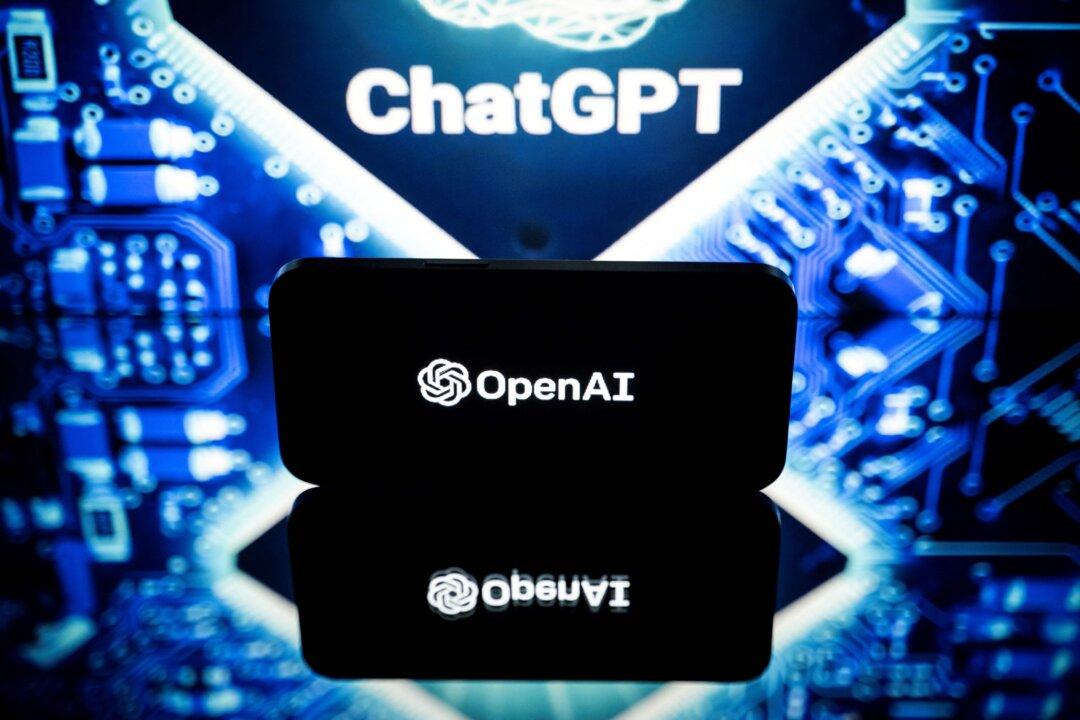Artificial intelligence will step in for a swathe of editorial roles as part of an overhaul of Germany’s largest newspaper title, Bild.
The tabloid publication is undergoing a significant shakeup of its operations following a pledge from the publisher, Mathias Döpfner, to make the brand “digital only.”





